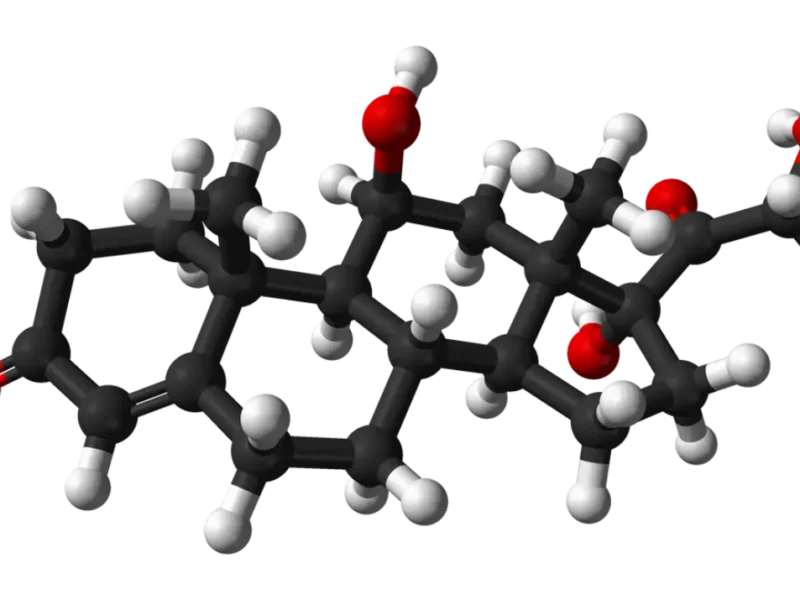
Shedding Light On Male Menopause
Have you ever gained weight, had hot flushes, or been less sexually aroused? Has your partner also noticed any of these things? These are but a few symptoms of male menopause, a medical condition that is largely ignored. Women have a fixed ovarian reserve, which gradually decreases with time and leads to menopause, as is widely known.
Although men do not go through menopause, the sudden drop in testosterone causes them to go through similar problems. Andropause, or simply male menopause, is the name used to describe it. As men age, they undergo a range of changes, including loss of muscle mass and greying hair. A prominent alteration observed in men is a reduction in their testosterone levels.
What precisely is andropause?
Male menopause refers to the decline in testosterone levels in males, however, diabetes can also cause this decline in production. A persistent decrease in testosterone levels is referred to as age-related low testosterone or late-onset hypogonadism. It is a more progressive menopause as opposed to the rapid onset of female menopause, which is characterized by the end of ovulation and a decrease in hormone production.
What are some of the symptoms and signs?
A few symptoms that could follow from this decline are fatigue, a low libido, and trouble focusing. In addition to this, there are also the following indications and symptoms.
Reduced mental clarity (bad attention, downbeat mood).
Loss of energy and strength.
Losing muscle, acquiring fat, and gaining weight.
Moods that are depressed or lack fire and energy. Irritability.
Aches and pains in the muscles (stiffness felt).
Sweats or hot flushes
Hands and feet that are cold.
Itching
Sexual dysfunction
Loss of height
Why does andropause occur?
Testosterone controls several important functions in men. For example, it regulates libido, muscle mass, and sperm production. Testosterone is essential for both bone health and blood production. It is produced in the adrenal glands and testes. As men age, their ability to produce sperm and their levels of testosterone tend to decrease. This leads to a condition called andropause.
When does a man go through andropause?
The onset of andropause can happen around the age of 40, but it can also happen sooner and last until 70. The andropause debate has gained greater momentum recently, although not all doctors and psychologists agree that men experience menopause because not all men experience it, and those who do usually don’t talk about it. Like how women express their feelings, so do they.
Diagnosis and therapy
In the absence of the symptom, your doctor may ask for a blood test to measure your testosterone levels. If they are low, hormone replacement therapy (HRT) may be suggested. You can get guidance on changing your lifestyle, like increasing your physical activity and eating a better diet.
Men’s experiences of menopause vary greatly depending on their personalities. Unlike women’s menopause, more research is needed to fully understand andropause, or male menopause, and determine what can be done to assist men throughout this time in their lives. (IANS)



